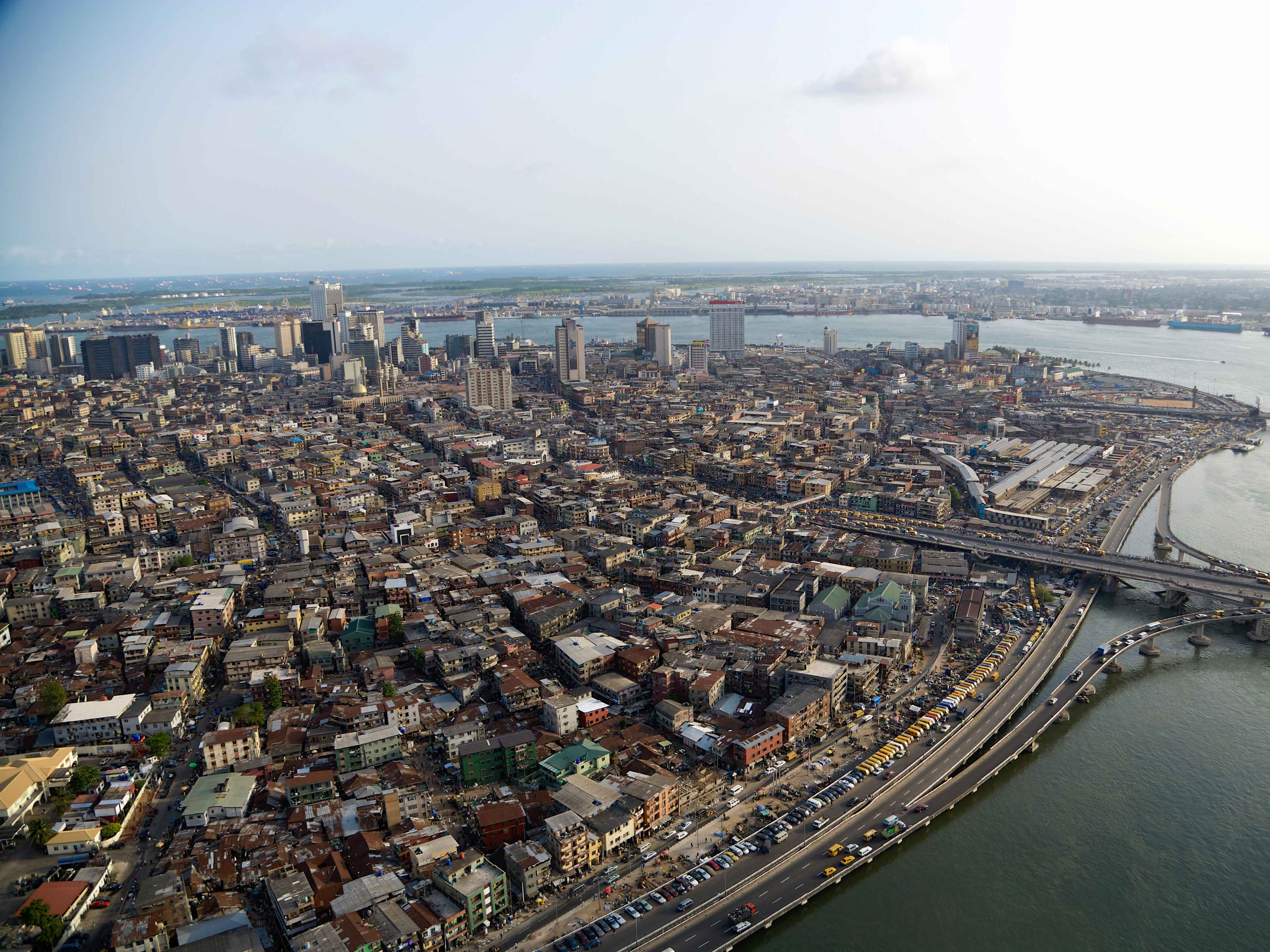Greece’s new prime minister must rebuild investor confidence

On July 8, the Greek electorate voted in Kyriakos Mitsotakis, leader of the centre-right party, New Democracy. Mitsotakis won by a landslide, with
“I asked for a strong mandate to change Greece. You offered it generously,”
Mitsotakis’ victory is a momentous occasion for Greece and all of Europe. When the leftist Syriza party was voted in on a pledge to end austerity and tear up the bailout programme, it was one of the first populist parties to gain momentum in Europe. However, its leader, Alexis Tsipras, fell out of favour with the Greek electorate after imposing harsh fiscal measures in return for an €89bn ($99.8bn) bailout from the EU – effectively breaking his campaign promises.
Greece owes €266bn ($297bn) in debt to its troika of lenders, and although unemployment dropped to 17.6 percent in April, this figure is certainly still too high to be worthy of much celebration
As a pro-business conservative from a political dynasty, Mitsotakis’ victory marks a shift away from populism and a return to the mainstream in Greek politics. The new prime minister has pledged to cut taxes, create jobs and encourage foreign investment. However, he would be right not to underestimate the size of the challenge ahead of him, as the Greek economy is still plagued by chronic financial difficulties. Unemployment is the highest in the EU, and in 2018 the World Economic Forum ranked Greece’s overall competitiveness as the
Not out of the woods
“I believe the bonds are expensive at these current levels of two percent. I think they’re overvalued,” said Papasavvas. “As for the stock market, it’s had a phenomenal rally. It’s risen just over 50 percent since the beginning of this year. The strong momentum may have a correction, but valuations are still quite attractive from a long-term perspective”
Of course, returning to the markets at all is still a step in the right direction. Greece’s bailout programme ended last year, meaning the country could once again stand on its own two feet, but there is still work to be done. Greece owes
“Unemployment hasn’t lowered as quickly as it did in Spain, Ireland or the other peripherals,” Papasavvas told
World Finance
. “The reason why that’s been the case is down to some of the underlying issues in the Greek economy. One of them concerns non-performing loans. About 41 percent of all Greek loans are non-performing loans. And that’s what’s keeping the banks on the back foot, because they can’t do their work, they can’t lend money to companies and households.”
Because of the heavy burden of non-performing loans, Greek banks can’t lend the capital needed to boost manufacturing and services and to increase employment. Had these non-performing loans been tackled earlier, they might not have spiralled out of control as they have. However, the close relationship between bankers and politicians slowed reform. The country’s leaders also failed to pursue claims against business and households, concerned that doing so might deepen the crisis. One of the great challenges facing Mitsotakis will be digging the banks out of this debt and clearing their balance sheets in a way that doesn’t deter the banks’ shareholders. If he can do this, he will remove one of the major barriers to something the Greek economy sorely needs: foreign direct investment.
Attracting much-needed investment
In order to progress, Greece needs to pull sizeable long-term investments into the country. Mitsotakis
“As long as the largest direct foreign investment deals in the country do not progress, Greece appears as not being friendly to investments, and this is the wrong message the country is sending,” said Dimitris Dimitriadis, Managing Director of Hellas Gold, the Greek arm of Eldorado Gold.
Athens has
Investors will be watching closely to see if Mitsotakis can deliver on his promises and effectively execute these large-scale investment projects. There are signs investor confidence may already be increasing: ratings agency Moody’s upgraded Greece’s ratings from B3 to B1 this year, citing the momentum behind the country’s reforms. Meanwhile, a survey by Metron Analysis presented at the InvestGR Forum in June, found that
Overcoming obstacles
This is likely to prove a challenge: although Mitsotakis has a majority, his opposition did not exactly suffer a crushing defeat. If they remain united under Alexis Tsipras, the Syriza party could present obstacles to reform. “The question is, how forceful will his opposition be?” said Papasavvas. “And – as and when they are forceful – how willing will the New Democracy party be to stay close to Mitsotakis, and fight this through?”
There is another obstacle to Mitsotakis’ vision for an investment-friendly Greece: this is, of course, the troika of Europe. Athens has
Eurozone finance ministers have said key targets would not be changed. “Commitments are commitments, and if we break them, credibility is the first thing to fall apart,” said Eurogroup President Mário Centeno. However, if Mitsotakis can present an attractive enough vision of a newly reformed Greece, then renegotiations could be on the table. To do so, he will need to push through reforms and attract foreign investment. If he is successful, Greece may finally shake off its reputation for debt and financial ruin.
Greece surprised the world this year when the Athens Stock Exchange enjoyed a
Ever since the debt crisis began, Greece has been blacklisted by investors. Today, investments as a percentage of GDP are currently
However, challenges remain. Also at the InvestGR conference,








